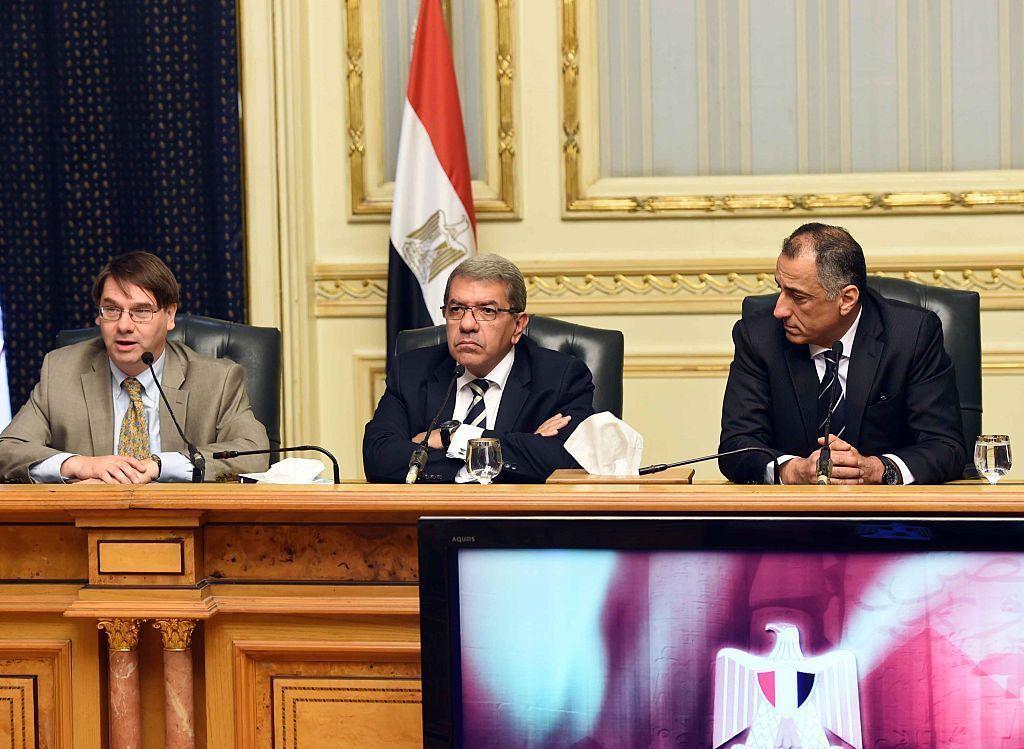Egypt and the International Monetary Fund (IMF) have reached a critical agreement, expanding a loan program to $8 billion from the previously proposed $5 billion. This breakthrough comes after months of negotiations and aims to support the country's economic reforms and bolster its financial stability.
The revised agreement, encompassing a 40% increase in loan size, signifies the IMF's confidence in Egypt's economic direction and its commitment to supporting the nation's ongoing reform efforts. These reforms, including subsidy rationalization and exchange rate flexibility, are intended to address long-standing economic challenges, such as high inflation and budget deficits.
The additional $3 billion in funding will provide Egypt with much-needed resources to navigate the global economic headwinds and mitigate the impact of the ongoing Russia-Ukraine war. The war has disrupted global supply chains, pushing up commodity prices, and adding pressure to Egypt's already strained import bill, particularly for wheat, a crucial staple food.
The IMF loan program, along with other financial measures, is expected to contribute to Egypt's economic recovery and support its pursuit of sustainable growth. The expanded program is anticipated to unlock further investments and bolster business confidence, paving the way for job creation and improved living standards for the Egyptian people.
However, the agreement comes with certain conditions attached. The IMF has emphasized the need for continued fiscal consolidation and structural reforms to ensure the program's success. This includes implementing measures to broaden the tax base, streamline public spending, and enhance the efficiency of state-owned enterprises.
The Egyptian government has expressed its commitment to fulfilling the program's requirements, acknowledging the importance of maintaining sound economic policies and fostering a transparent and accountable business environment. It is anticipated that the final details of the agreement will be finalized in the coming weeks, paving the way for the disbursement of the loan funds.
The expanded IMF deal is seen as a positive step towards Egypt's economic recovery. However, the success of the program hinges on the government's ability to implement the agreed-upon reforms effectively and navigate the global economic uncertainties.

